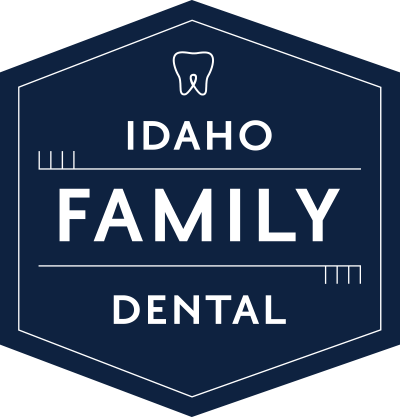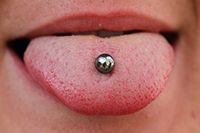 Many doctors are quoted saying that prevention is better than cure. This is because they understand that patients stand a better chance at steering away from an illness or infection than they sometimes do from getting healed. This is especially for the times a disease has gone too far and is almost irreversible.
Many doctors are quoted saying that prevention is better than cure. This is because they understand that patients stand a better chance at steering away from an illness or infection than they sometimes do from getting healed. This is especially for the times a disease has gone too far and is almost irreversible.
It is also better to detect something from its early stages and do well to treat it thus dealing with it before it can cause further damage. This is the same case even with dentists. They would rather catch the early signs of palate cancer on a patient and get to treat them before it can extend.
Who Is Most Susceptible To Palate Cancer?
People who abuse alcohol and smoke are at the highest risk of getting most oral diseases. This is why it is advisable to stay away from these habits. You should also avoid sweet and sugary foods including sodas. This is because they weaken the minerals in your teeth and encourage tooth decay. Brushing teeth at least twice a day and flossing once can help prevent your mouth from contracting any of these diseases.
What Are The Signs And Symptoms Of Palate Cancer?
The first sign is that a mass begins to grow on the roof of the mouth that bleeds. There is also evidence of a foul breath. Dentures stop fitting and one experiences loose teeth, there is a lump in the neck and one has difficulty in swallowing. One can also note changes in speech as the jaw becomes heavy.
It is important to have regular checkups so that the dentist can note any of these abnormalities and begin treatment. Call us today and book your appointment where a doctor will take you through thorough checkup and answer any questions you might have.




